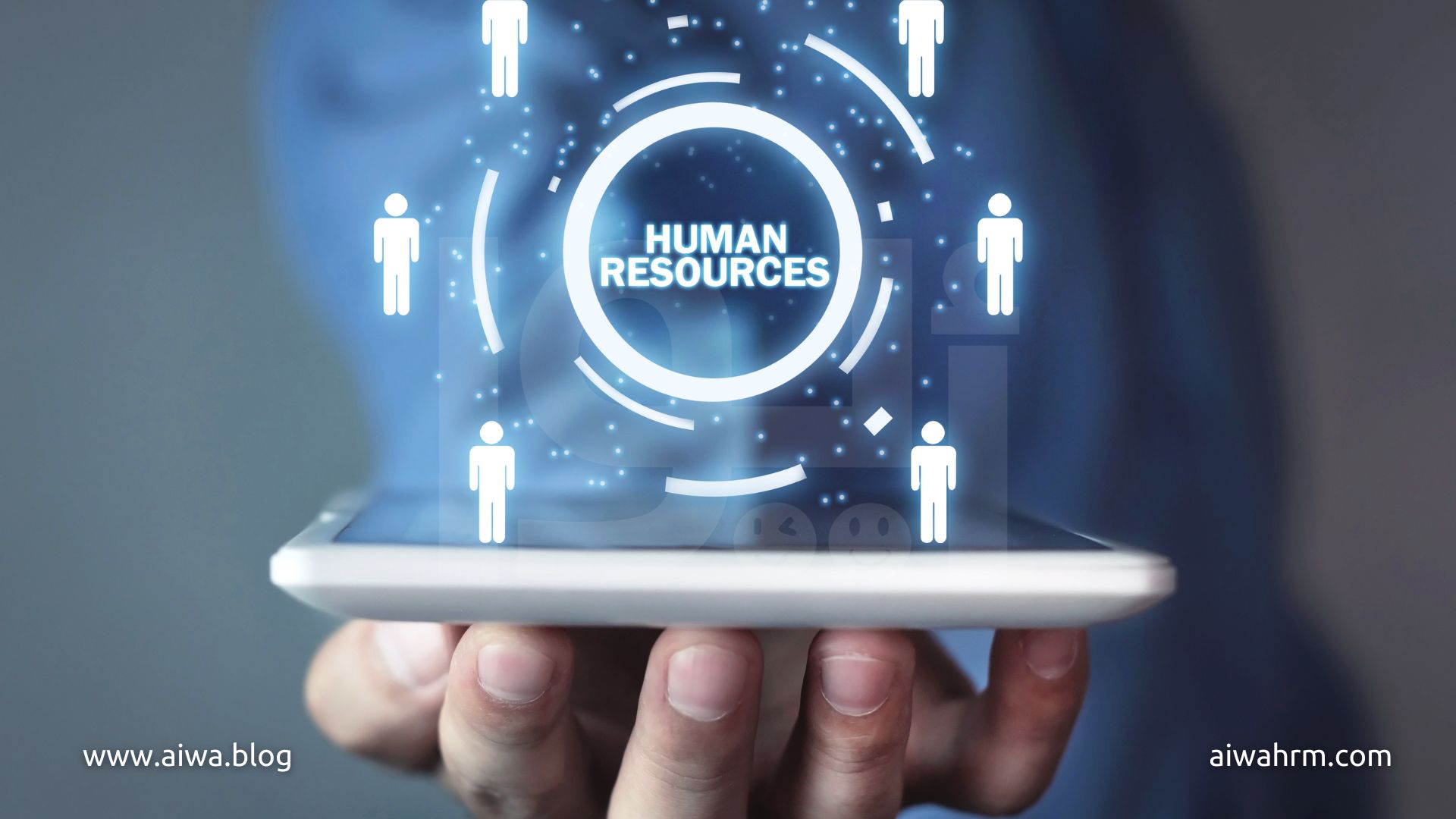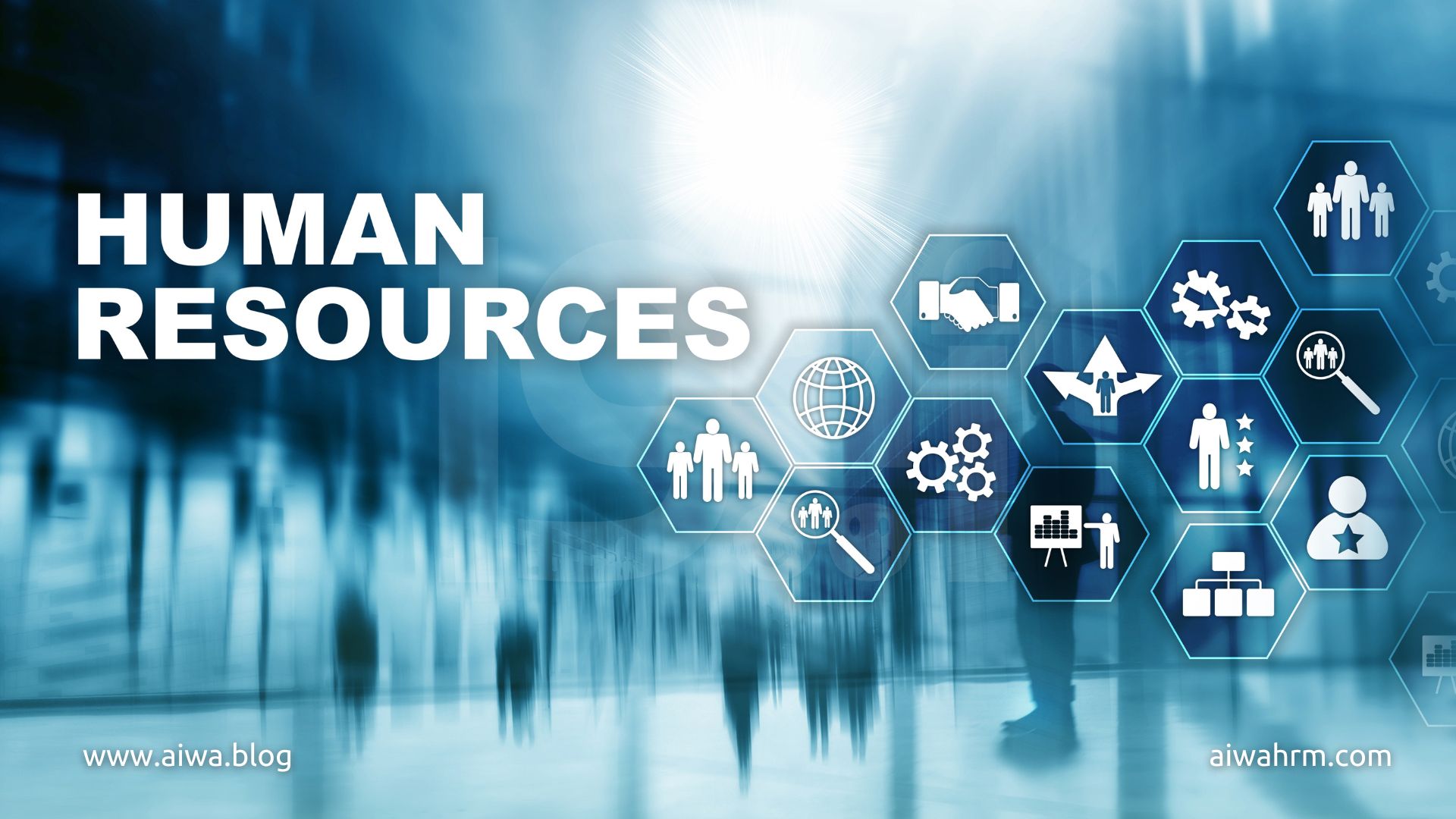Employee engagement and retention are vital components of a successful organization. Companies that prioritize these aspects tend to experience higher productivity, lower turnover, and an overall positive work environment. In this digital age, harnessing the capabilities of HRM software can be a game-changer for businesses striving to create a workplace that attracts and keeps top talent.

Streamline Your Recruitment Process:
One of the key functions of HRM software is managing the recruitment process efficiently. It allows you to create job postings, track applicants, and streamline the selection process. By reducing the time and effort spent on hiring, you can bring in candidates who are a better fit for your organization, increasing the likelihood of long-term retention.
Enhanced Onboarding Experience:
A smooth onboarding process is crucial for retaining new hires. HRM software can help create a well-structured onboarding program, ensuring that employees feel welcomed, informed, and engaged from day one. This can lead to a stronger connection to the organization and increased job satisfaction.
Employee Training and Development:
Investing in employee growth is a win-win for both the organization and its staff. HRM software can track and manage training and development initiatives, making it easier to identify skill gaps and provide opportunities for improvement. Engaged employees are those who see a clear path for advancement within the company.
Performance Management and Feedback:
Regular performance evaluations are essential for employee growth and retention. HRM software simplifies the process by providing a platform for setting goals, tracking progress, and giving feedback. It fosters a culture of continuous improvement and recognition, enhancing engagement and loyalty.
Employee Benefits and Well-being:
A comprehensive HRM software system can manage employee benefits, allowing staff to easily access and understand their entitlements. This not only promotes well-being but also shows that the organization cares about its employees, leading to increased loyalty.
Data-Driven Decision Making:
HRM software collects and analyzes data related to employee engagement and performance. This information is invaluable for making informed decisions about how to improve engagement and retention. It allows organizations to be proactive in addressing issues before they become major concerns.
Flexible Work Arrangements:
In today's world, many employees value flexibility in their work arrangements. HRM software can help in managing remote work, flexible hours, and other non-traditional arrangements, contributing to higher job satisfaction and retention rates.
Employee Feedback and Communication:
Effective communication channels and employee feedback mechanisms are crucial for engagement. HRM software can facilitate anonymous surveys, feedback forums, and open lines of communication between management and employees, fostering a culture of trust and openness.
The Role of HRM Software in Boosting Employee Loyalty and Productivity:
- Efficient Data Management: HRM software centralizes employee information, making it easy to access, update, and manage. This efficiency reduces administrative tasks and allows HR professionals to focus on more strategic initiatives, ultimately contributing to increased productivity.
- Streamlined Recruitment and Onboarding: HRM software can automate the recruitment process, from posting job openings to onboarding new hires. This not only saves time but also ensures a smoother transition for new employees, enhancing their loyalty to the organization.
- Performance Tracking and Feedback: HRM software provides a platform for setting goals, tracking performance, and offering feedback. This structured approach helps employees understand their progress and areas for improvement, leading to higher productivity and job satisfaction.
- Employee Self-Service: Many HRM systems offer self-service portals where employees can access their personal data, request time off, or view their performance reviews. This empowerment fosters a sense of ownership and loyalty as employees have more control over their HR-related tasks.
- Training and Development: HRM software can track and manage employee training and development programs. When employees see opportunities for skill enhancement and career growth, they are more likely to stay with the company, boosting loyalty and motivation.
- Benefits Management: HRM software simplifies the management of employee benefits, including health insurance, retirement plans, and paid time off. When employees have easy access to and a clear understanding of their benefits, it can lead to higher job satisfaction and loyalty.
- Flexible Work Arrangements: In today's evolving work landscape, HRM software can help manage flexible work arrangements, such as remote work options and flexible schedules. When employees have work-life balance, they tend to be more loyal and productive.
- Employee Feedback and Communication: HRM software can facilitate regular feedback mechanisms, including surveys and open communication channels. When employees feel heard and valued, it strengthens their loyalty to the organization.
- Data-Driven Decision Making: HRM software collects and analyzes data related to employee performance and engagement. This data enables HR professionals to make informed decisions and implement strategies to enhance loyalty and productivity.
- Compliance and Security: HRM software helps organizations stay compliant with labor laws and data security regulations. Employees appreciate when their personal information is handled securely and ethically, which can enhance loyalty and trust.
- Reduced Administrative Overhead: By automating routine HR tasks, HRM software reduces administrative overhead. This efficiency allows HR teams to focus on strategic initiatives that can have a direct impact on employee engagement, loyalty, and productivity.
- Time and Attendance Tracking: HRM software can streamline time and attendance tracking, making it easier to monitor employee work hours and ensure accurate compensation. This contributes to a fair and transparent work environment, reinforcing loyalty.

Conclusion:
In conclusion, HRM software is a powerful tool for enhancing employee engagement and retention. It streamlines HR processes, promotes a positive work environment, and empowers data-driven decision-making. By implementing these strategies and utilizing HRM software to its full potential, your organization can create a workplace that attracts, engages, and retains top talent, ultimately leading to greater success and growth.
========
Empower Your Workplace with AiwaHRM – Transforming HR Management, One Innovation at a Time.
Unlocking HR Excellence with AiwaHRM: www.aiwahrm.com
#aiwablog #AiwaHRM #HRSoftware #HumanResources #HRManagement #WorkplaceSolutions #EfficientHR #EmployeeManagement #HRTech #HRMS #HRIS #StreamlineHR #DigitalHR #HRProductivity #HRTransformation #HRInnovation #AiwaHRMAdvantage #HRMadeEasy #HRSoftwareSolutions #HRMTools #EmployeeEngagement
_1056.png)



_105660x60.png)
_1083.jpg)
_1084.jpg)
_1095.jpg)
_1164.jpg)
_1255500x270.jpg)
_1250500x270.jpg)
_1331500x270.jpg)
_125560x60.jpg)
_125060x60.jpg)
_133160x60.jpg)
_129860x60.jpg)
Write your comment
Cancel Reply